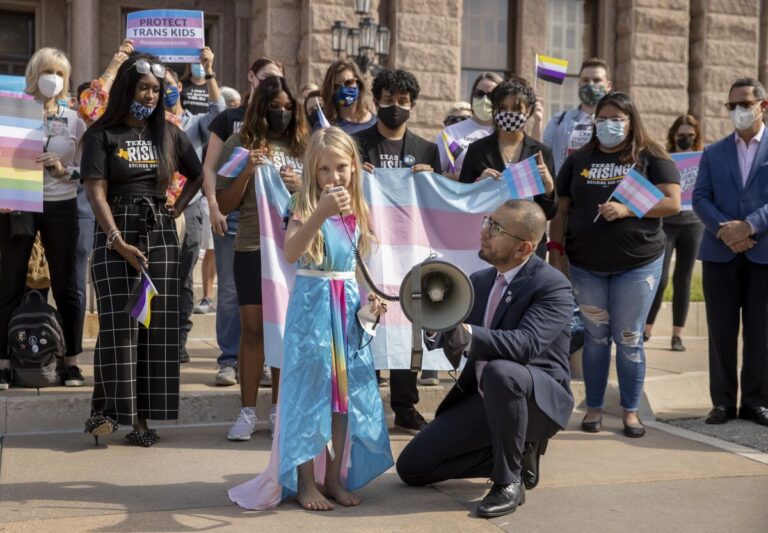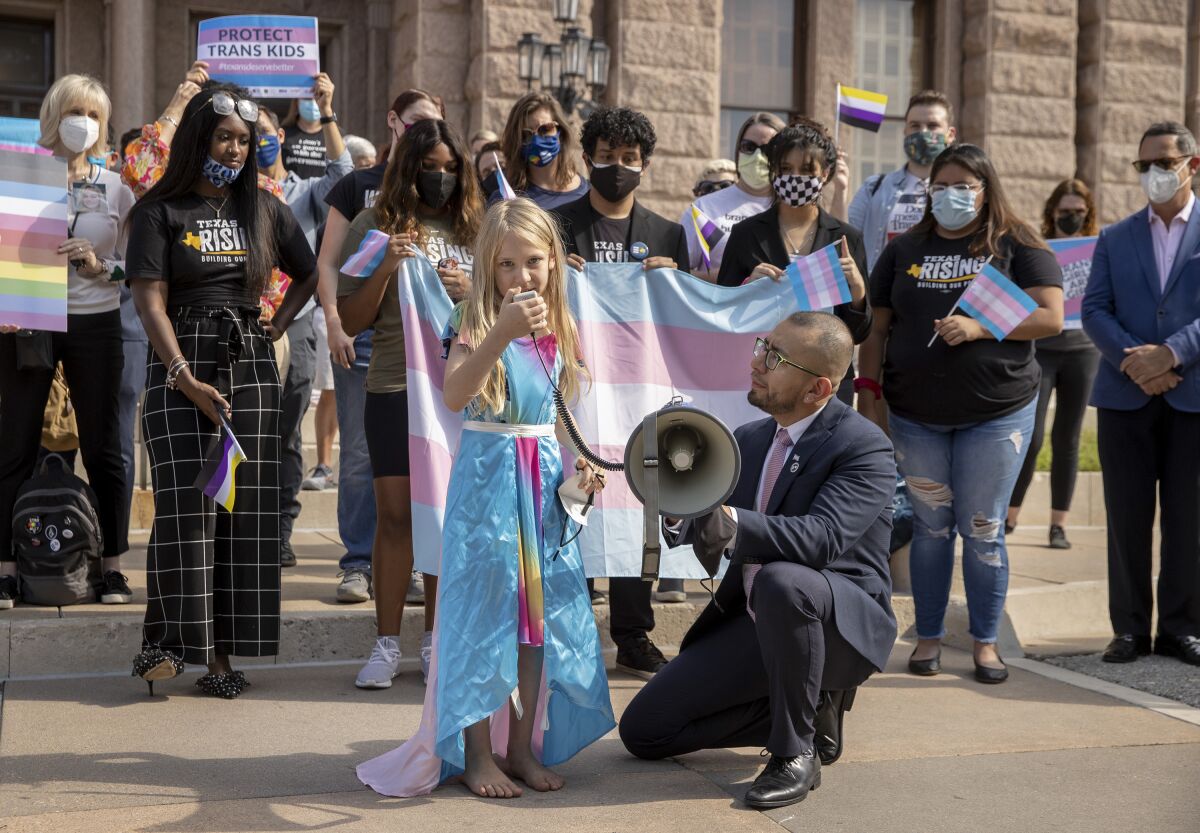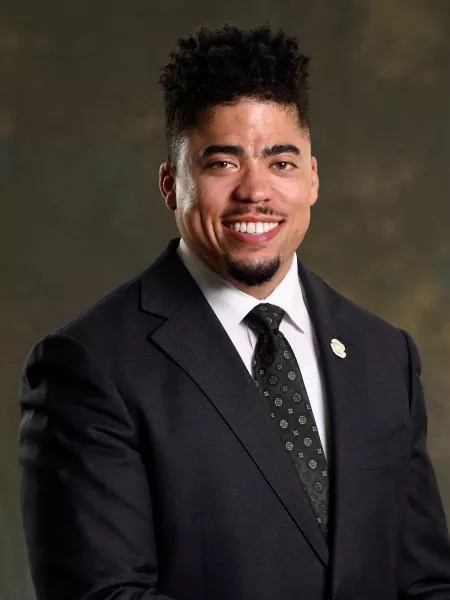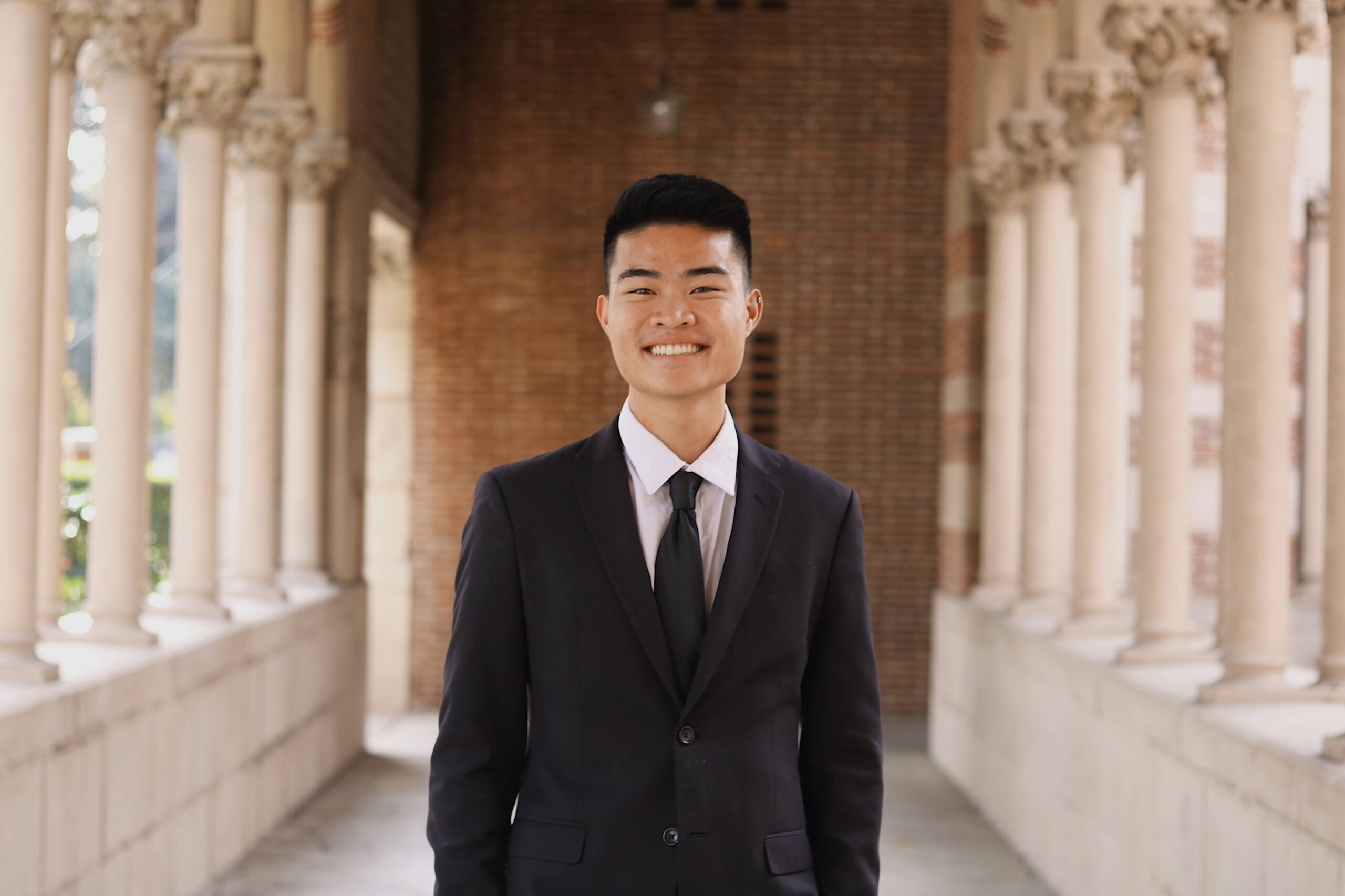Time is running out for Justice Roberts
Say It Louder

Erwin Chemerinsky is the dean of the School of Law at the University of California, Berkeley.
In light of the Supreme Court’s unwillingness to adopt an ethics code for itself, Congress must step in and pass a statute imposing standards. All other judges in the country — state and federal — are bound by ethical rules. It is inexcusable that the most important and powerful judges are not.
The issue has taken on urgency after a recent investigation by ProPublica revealed that Justice Clarence Thomas has over the years accepted lavish trips and other gifts from a major Republican donor. Similar calls for ethics rules followed a report last fall in The New York Times of allegations that a landmark 2014 contraception decision “was prematurely disclosed through a secretive influence campaign by anti-abortion activists.”
Chief Justice John Roberts, who has questioned whether Congress even could impose an ethics code on the court, said last month that he and his colleagues were continuing to take steps to address questions about the justices’ ethical standards. But he offered no details.
Read the Story on NY Times
How Alito enabled the explosion of anti-trans laws
Speaking Of...

On this week’s Amicus, a sobering interview between Dahlia Lithwick and the ACLU’s Chase Strangio. Chase is deputy director for transgender justice with the ACLU’s LGBT and HIV Project and a nationally recognized expert on trans rights. The sheer number and breadth of proposed new laws targeting trans people is breathtaking, and they are coming from some familiar quarters if you follow the Supreme Court and abortion law. This conversation helps to set the stage for the end of the Supreme Court’s term by looking beyond the cases being decided this month at One First Street, and toward the legal landscape and the systems and groups that are shaping that landscape for the rest of us.
Listen to the podcast on Slate
The conservative legal movement’s war on LGBTQ people
Less Of This

Kimberly Shappley tried for years to make Texas work for her bubbly transgender daughter, Kai.
Shappley reconsidered her fierce evangelical faith and how she could best show love. She sought fact-based answers in her medical coursework as she studied to become a nurse. She became a vocal LGBTQ+ advocate and moved with Kai, now 12, and her son, Kaleb, 10, from conservative Pearland, Texas, to more liberal Austin.
Still, about a year ago, Shappley decided that wasn’t enough — that Kai simply wasn’t safe in a state where right-wing politicians had turned misinformation about gender identity and healthcare into a legal framework that threatened her family, and Kai’s existence.
Read the story on LA Times
How to support trans kids
More of This

In the first five months of 2023, Republican lawmakers introduced more than 400 bills in the United States that seek to restrict the rights of transgender and nonbinary people, and dozens have become law. These measures limit access to gender-affirming medical care, the ability to change legal names and gender markers, access to public restrooms and the ability to play sports and perform publicly.
Transgender and gender-nonconforming children and teens have been the main target of these discriminatory laws. As of mid-May, a third of transgender youth lived in states that have passed bans on gender-affirming care, which can include mental healthcare, medical care like hormone therapy and social services, according to the Human Rights Campaign.
Gender-affirming care is vital to the well-being of trans youth, and these laws have harmed an untold number of young people, according to advocates. Some families, like one in Florida, are moving out of state so their kids can keep access to care. And these are families that have the resources to do something so drastic; many others aren’t as fortunate.
Read the story on LA Times









